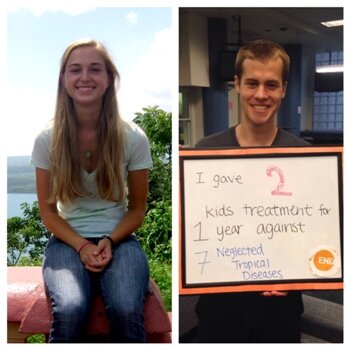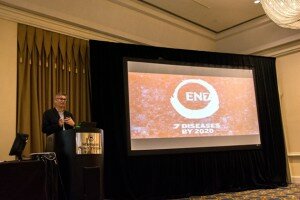 How are you celebrating Giving Tuesday this year?
How are you celebrating Giving Tuesday this year?
Giving Tuesday was created in 2012 by the 92nd Street Y and the United Nations Foundation to counter the “conspicuous consumption” of the holiday season with “conspicuous compassion” on a day dedicated to giving back.
The movement’s remarkable growth and momentum is highlighted in a short #. To summarize, more than 300 million Facebook users and two billion Twitter users saw posts about #GivingTuesday last year, with up to 700 #GivingTuesday tweets being sent per minute. The hashtag was trending in the United States for ten straight hours. Overall, more than 10,000 nonprofits participated last year, raising over $30 million dollars for social causes. As Kathy Calvin, president and CEO of the United Nations Foundation, put it, “#GivingTuesday is not a moment, it’s a movement.”
This year, #GivingTuesday will be celebrated on December 2, and over 18,000 nonprofits in the U.S. alone are confirmed to be taking part. Over the next week, END7 student supporters around the world will be busy preparing for a one-day fundraising competition in the hopes of raising $10,000 for neglected tropical disease (NTD) treatment programs. You can check out all the schools participating on our #GivingTuesday page. Our student supporters will be sharing their online fundraising pages with friends and family to spread the word about the impact of NTDs and raise much needed funds to support the NTD control and elimination effort.
They have some creative plans for spreading the word on December 2. We have a with images that END7 supporters can set as their profile or cover photo for #GivingTuesday with the link to their fundraising page in the caption. Supporters can “donate” a tweet or Facebook post to promote the fundraising page by signing up for our Thunderclap, which will send out a social media blast on December 2. We have more fun ideas in our #GivingTuesday Action Kit, including instructions for posting an #unselfie on social media to spread the word about why you support END7 (see my example from last year!).
We are very excited to see our student supporters around the world joining forces to help give the gift of health to communities around the world on #GivingTuesday. Join in by creating your own fundraising page, donating to support a school’s campaign, or making a on December 2. Together, we can give and give back this holiday season.







